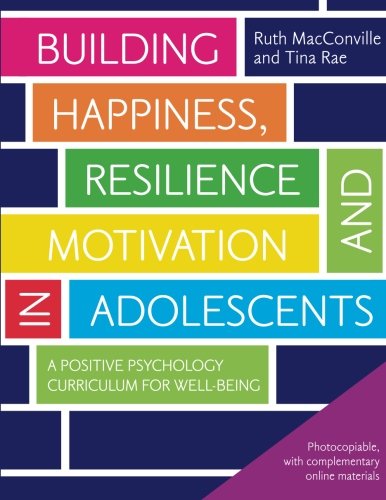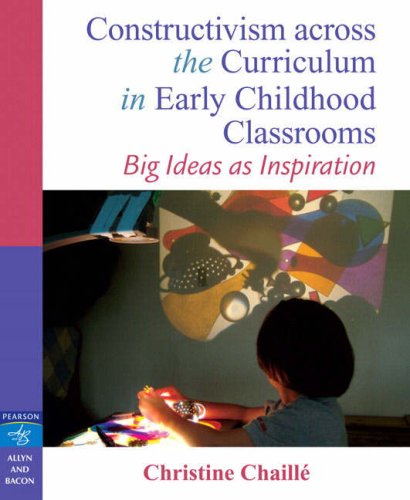
Positive psychology focuses on building strengths and developing creative and positive thinking in order to boost happiness, well-being and achievement. It helps people to be motivated, maintain positive mental health, and to flourish in all areas of their lives. This resource is a fully-formed positive psychology programme designed to promote happiness, resilience and motivation in young people aged 11-18. It introduces the theory and research behind positive psychology, and includes a guidance section for facilitators on how to deliver the programme. The programme itself is made up of 24 chapters which reflect each of the 24 ‘character strengths’ identified by Martin Seligman, the founder of positive psychology. These strengths include creative thinking, kindness, fairness, leadership, forgiveness, and teamwork. Activities teach students how to develop these strengths and skills in order to initiate positive change in their lives. This resource provides teachers, counsellors, psychologists, social workers and others working with young people with a complete programme to promote well-being in young people and help them flourish in their lives.

